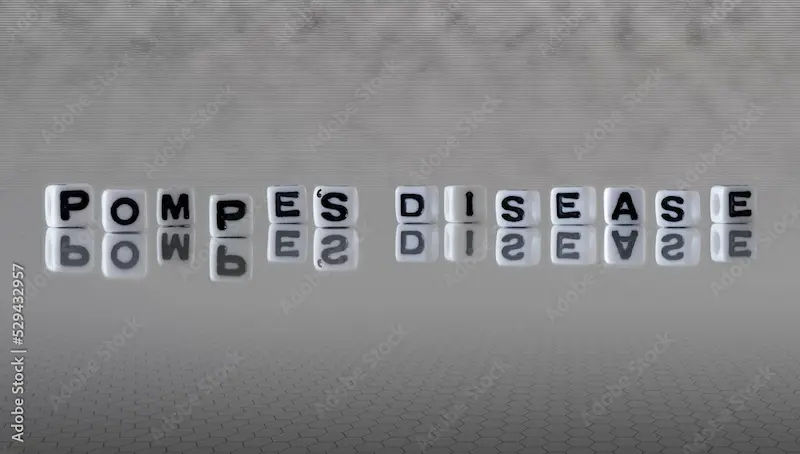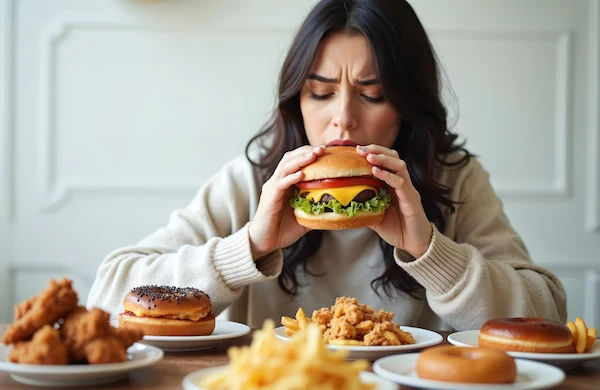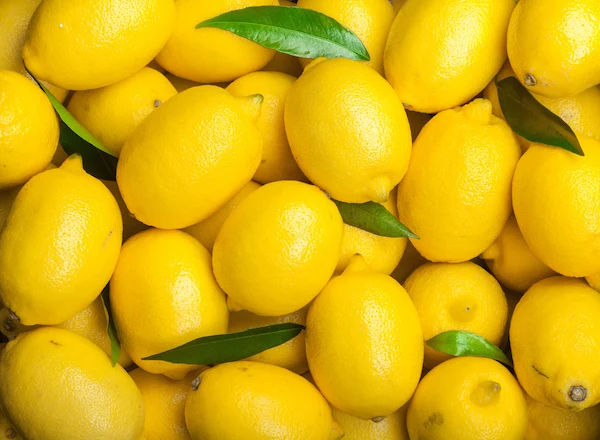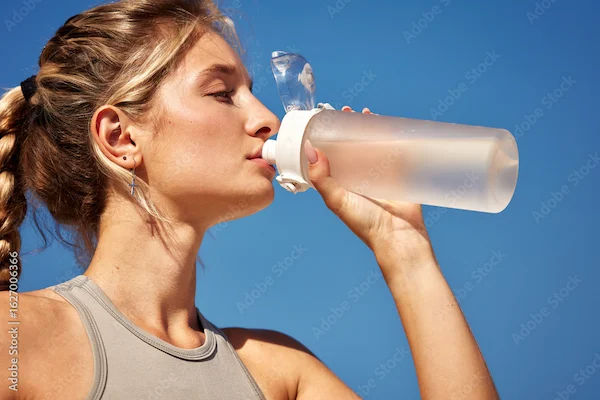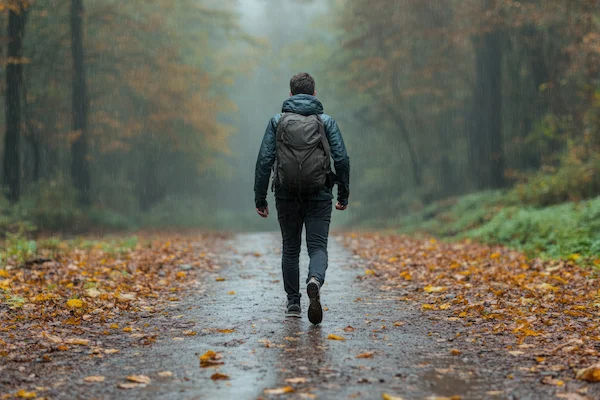Staying Hydrated in Extreme Heat Tips
Learn essential tips for staying hydrated in extreme heat to maintain health and energy. Discover the best fluids, hydration strategies, and signs of dehydration to stay safe during hot weather.

Written by Dr. M L Ezhilarasan
Reviewed by Dr. Shaik Abdul Kalam MD (Physician)
Last updated on 24th Jul, 2025

Extreme heat can be tough on the body, and staying hydrated is one of the most important ways to protect your health. Whether you're working outdoors, exercising, or just going about your daily routine, dehydration can lead to serious health problems. In this article, we’ll discuss why hydration is crucial, signs of dehydration, and simple ways to keep yourself safe in hot weather.
Why Is Hydration Important in Extreme Heat?
When temperatures rise, your body sweats more to cool itself down. Sweating helps regulate body temperature, but it also causes you to lose water and essential minerals (electrolytes) like sodium and potassium. If you don’t replace these fluids, you can become dehydrated, which can lead to:
- Heat exhaustion (feeling dizzy, weak, or nauseous)
- Heatstroke (a life-threatening condition where the body overheats)
- Muscle cramps
- Low blood pressure and fainting
Staying hydrated helps your body function properly, keeps your energy levels up, and prevents heat-related illnesses.
Signs of Dehydration to Watch For
Dehydration can sneak up on you, especially in extreme heat. Look out for these warning signs:
- Thirst (if you're feeling thirsty, you're already slightly dehydrated)
- Dry mouth or cracked lips
- Dark yellow urine (healthy urine should be light yellow or clear)
- Fatigue or dizziness
- Headache
- Muscle cramps
- Confusion or irritability
Severe dehydration can be dangerous—seek medical help immediately if you experience rapid heartbeat, extreme weakness, or fainting.
How Much Water Should You Drink in Extreme Heat?
The general rule is to drink at least 8-10 glasses (2-2.5 liters) of water per day, but in extreme heat, you may need more. If you're sweating heavily (due to exercise or outdoor work), increase your intake.
A simple way to check hydration:
- Urine colour: Light yellow = well-hydrated; dark yellow = drink more water.
- Frequency of urination: You should be urinating every 3-4 hours.
Who Needs Extra Hydration?
- Elderly people (they may not feel thirst as strongly)
- Children (they lose fluids faster)
- Pregnant or breastfeeding women
- People with chronic illnesses (diabetes, kidney disease)
- Athletes or outdoor workers
Consult Top Specialists To Know More
Tips to Stay Hydrated in Extreme Heat
Here are some tips to stay hydrated in extreme heat:
1. Drink Water Regularly (Not Just When Thirsty)
- Carry a reusable water bottle and sip throughout the day.
- Set reminders if you tend to forget.
2. Eat Hydrating Foods
- Many fruits and vegetables have high water content:
- Watermelon, cucumbers, oranges, strawberries, lettuce, and coconut water are great choices.
3. Avoid Dehydrating Drinks
- Limit caffeine (coffee, tea, energy drinks)—they increase urine output.
- Avoid alcohol—it dehydrates the body.
- Cut back on sugary sodas—they don’t hydrate as well as water.
4. Replenish Electrolytes
If you're sweating a lot, replace lost minerals with:
- Oral rehydration solutions (ORS)
- Coconut water
- Homemade drinks (water + lemon + salt + sugar)
5. Dress for the Heat
- Wear light-colored, loose-fitting clothes to help sweat evaporate.
- Use a hat and sunglasses to protect from direct sun.
6. Avoid Peak Sun Hours
- Stay indoors between 10 AM - 4 PM when the sun is strongest.
- If outdoors, take frequent shade breaks.
7. Monitor Your Activity Level
- Reduce intense workouts in extreme heat.
- If exercising, drink water before, during, and after.
When to Seek Medical Help?
If you or someone else shows signs of heatstroke (high body temperature, confusion, rapid pulse, no sweating, fainting), seek emergency care immediately. Heatstroke can be life-threatening.
Conclusion
Staying hydrated in extreme heat is not just about drinking water—it’s about being mindful of your body’s needs. By following these simple tips, you can stay safe, energised, and healthy even in scorching temperatures.
If you have health conditions that affect hydration (like diabetes or kidney disease), consult a doctor for tailored recommendations. You can book a consultation with Apollo24|7 for expert guidance.
Consult Top Specialists
Consult Top Specialists

Dr. Rajib Ghose
General Practitioner
25 Years • MBBS
East Midnapore
VIVEKANANDA SEBA SADAN, East Midnapore

Dr P Jagadeesha Chandra
General Physician/ Internal Medicine Specialist
37 Years • MBBS, MD
Bengaluru
Apollo Hospitals Jayanagar, Bengaluru

Dr. Mohamed Azeem
General Physician/ Internal Medicine Specialist
2 Years • MBBS,MD(Internal Medicine) CCEBDM
Karaikudi
Apollo Hospitals Karaikudi, Karaikudi

Dr. Aakash Garg
Gastroenterology/gi Medicine Specialist
12 Years • MBBS, DNB (Medicine), DrNB (Gastroentrology).
Bilaspur
Apollo Hospitals Seepat Road, Bilaspur
(125+ Patients)

Dr. Jyotish R Nair
General Physician/ Internal Medicine Specialist
22 Years • MBBS, MD (General Medicine), PG Diploma(Diabetology)
Angamaly
Apollo Hospitals Karukutty, Angamaly
(150+ Patients)
Consult Top Specialists To Know More

Dr. Rajib Ghose
General Practitioner
25 Years • MBBS
East Midnapore
VIVEKANANDA SEBA SADAN, East Midnapore

Dr P Jagadeesha Chandra
General Physician/ Internal Medicine Specialist
37 Years • MBBS, MD
Bengaluru
Apollo Hospitals Jayanagar, Bengaluru

Dr. Mohamed Azeem
General Physician/ Internal Medicine Specialist
2 Years • MBBS,MD(Internal Medicine) CCEBDM
Karaikudi
Apollo Hospitals Karaikudi, Karaikudi

Dr. Aakash Garg
Gastroenterology/gi Medicine Specialist
12 Years • MBBS, DNB (Medicine), DrNB (Gastroentrology).
Bilaspur
Apollo Hospitals Seepat Road, Bilaspur
(125+ Patients)

Dr. Jyotish R Nair
General Physician/ Internal Medicine Specialist
22 Years • MBBS, MD (General Medicine), PG Diploma(Diabetology)
Angamaly
Apollo Hospitals Karukutty, Angamaly
(150+ Patients)
